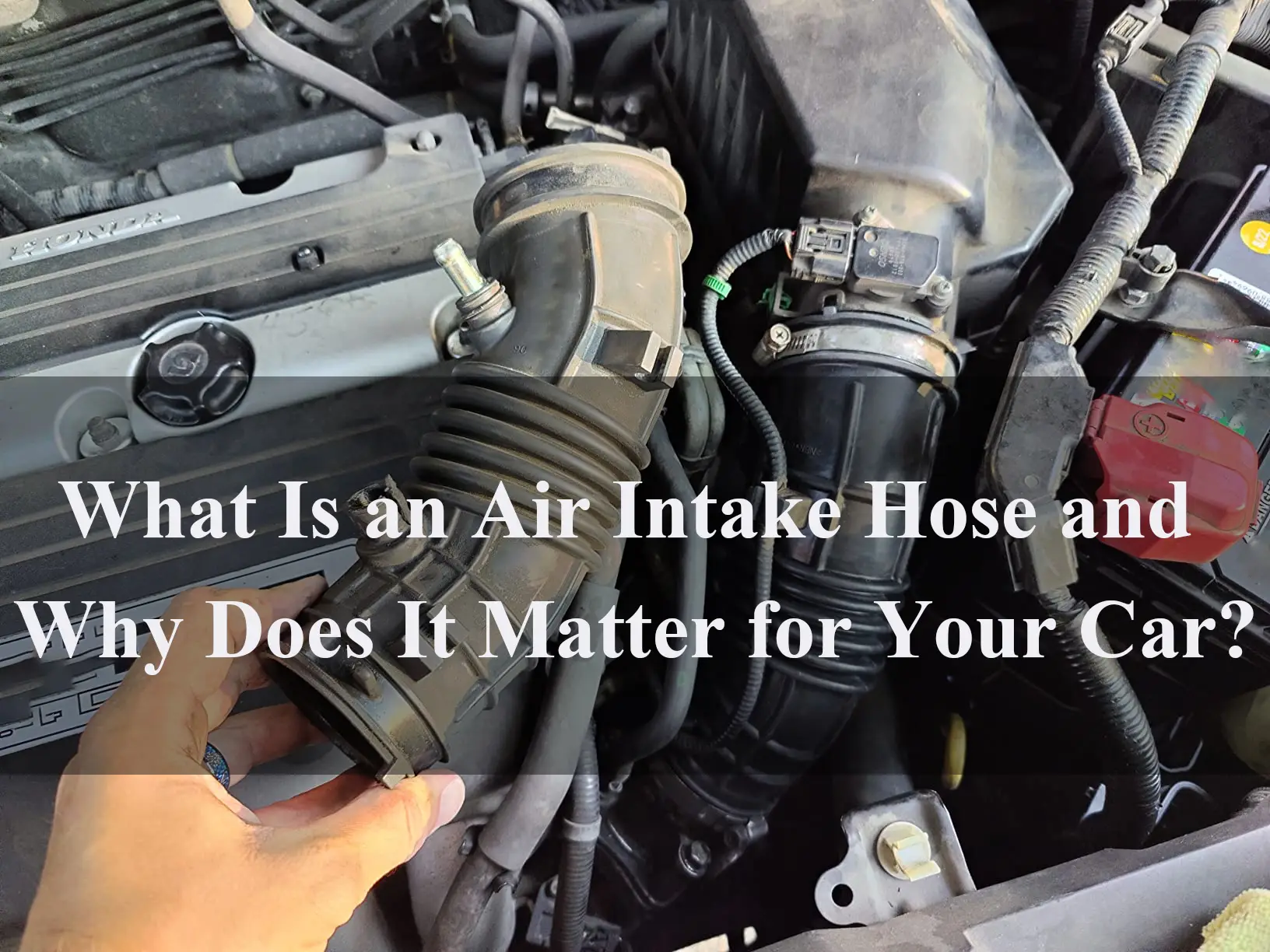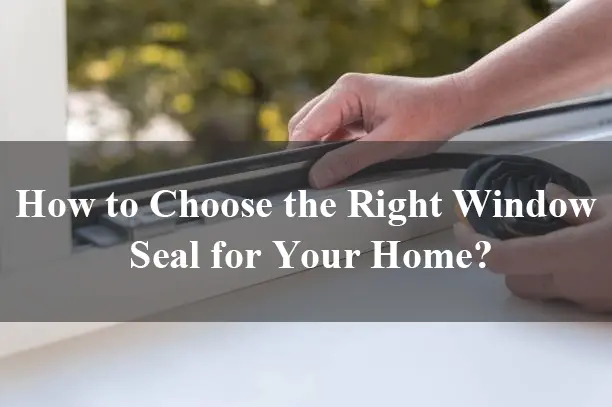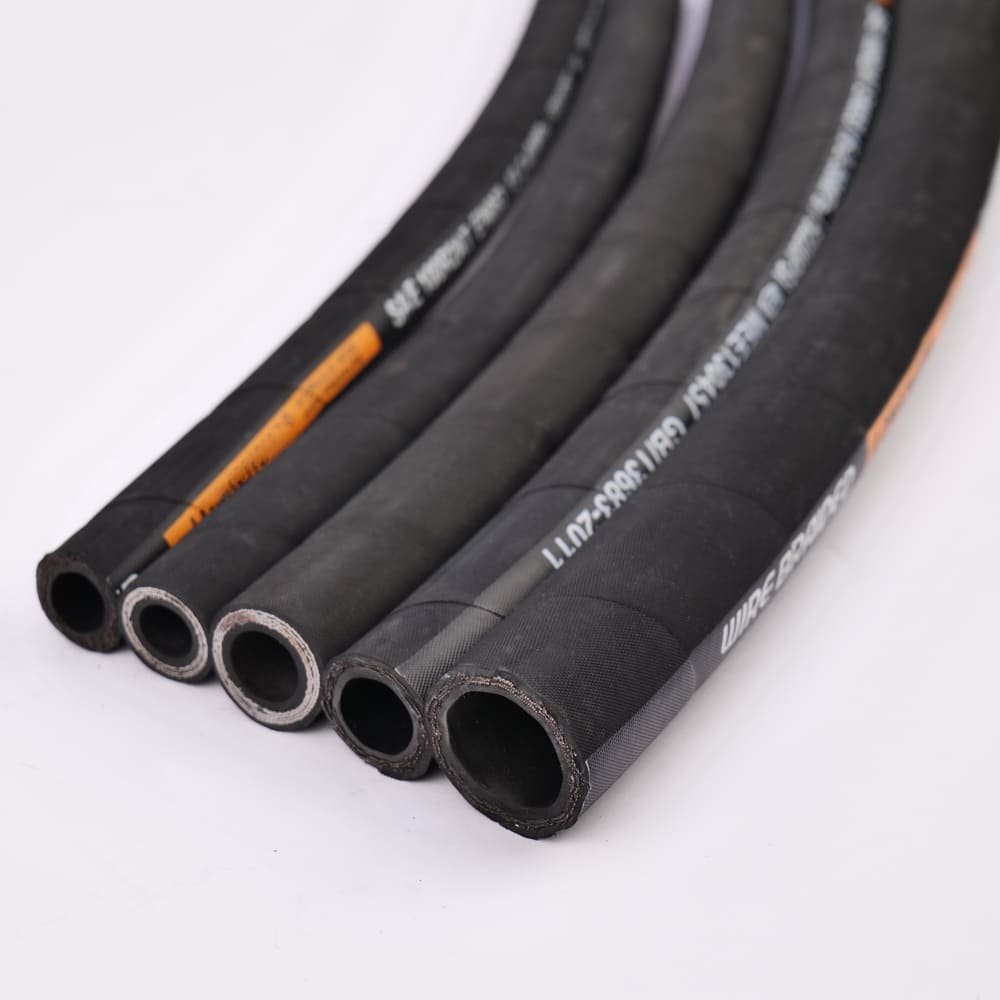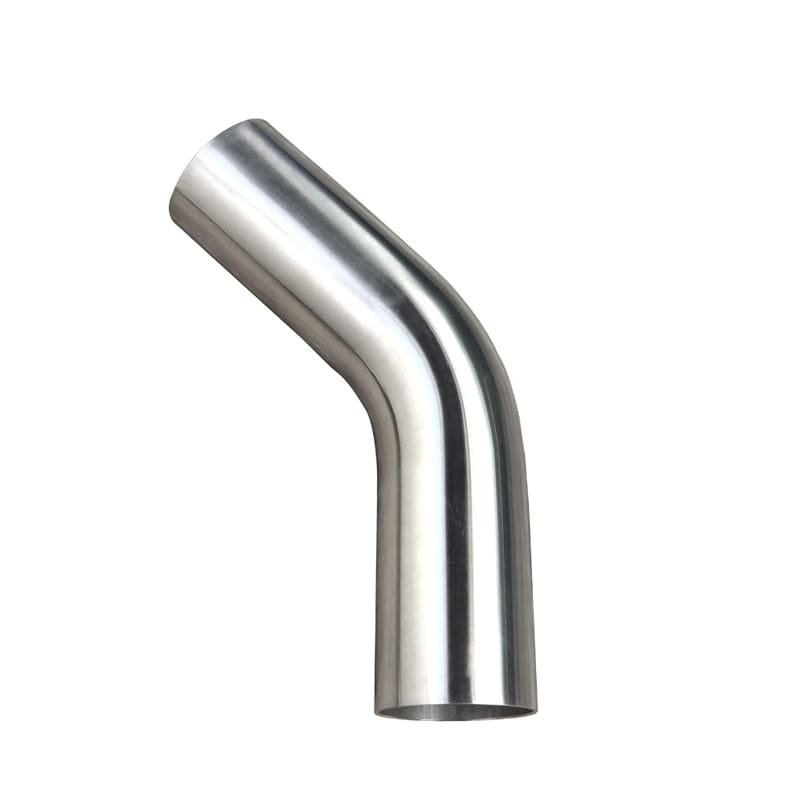Car window seals do more than just hold your glass in place. Ignore them and you could end up with water leaks, noise, and costly interior damage. Worn-out seals affect comfort, safety, and efficiency. The good news? With regular care, you can prevent these issues and keep your car in top condition.
Taking care of your car window seals is important because it helps prevent water leaks, which can cause mold, damage the interior, and make your car smell bad. When you regularly check and take care of these seals, you’ll have a dry, comfortable car, which is important for your safety and the performance of your car. It also helps reduce wind noise and make your car more energy efficient.
Your car’s window seals do more than keep out the elements—they help keep you comfortable, safe, and efficient. Here’s why and how to keep them in great shape.
Are Car Window Seals Important?
Car window seals are often ignored, but they are critical for keeping water, dust, and other things you don’t want in your vehicle out of it. They create a tight seal between the outside and inside of your car, which keeps the interior comfortable and dry. They also keep the wind noise and the outside noise down, which makes your drive more enjoyable. Additionally, window seals help control the temperature inside your vehicle, which means you don’t have to run your air conditioning or heat as much, which saves you money. This is especially important in extreme weather.


Common Problems with Worn Car Window Seals
Car window seals can wear out over time from sun exposure, temperature changes, and normal use. The most common problems include:
- Water Leaks: Cracked or gapped seals let water into the car, where it causes dampness, rust, and mildew.
- Noise: Poor seals let in wind and road noise, making the car louder.
- Air Leaks: Broken seals cause drafts, which make the car harder to heat or cool and reduce fuel efficiency.
- Interior Damage: If water gets inside the car, it can ruin upholstery, electronics, and other interior parts.
How to Inspect and Maintain Car Window Seals
Regularly inspecting your seals can prevent small issues from becoming big problems. Here’s how to keep your seals in top shape:
- Look for Cracks: Check for cracks, peeling, and visible wear. Also, look for areas where water may be pooling.
- Feel for Air Leaks: While you’re driving, feel for any air drafts around the windows, which would indicate a seal break.
- Clean Them: Use mild soap and water to clean dirt and debris from the seals. Dirt can be worn on them.
- Lube Them: Every so often, use a rubber conditioner to keep seals flexible and prevent cracking.
Signs Your Window Seal Needs Replacement
- Cracks and Holes: Even the smallest gaps can cause big problems if you don’t take care of them.
- Brittleness: If the seal feels dry and brittle to the touch, it’s about to kick the bucket.
- Peeling Sealant: If the sealant is coming off or peeling, it’s time for a new one.
- Water and Noise Leaks: If water comes in when it rains or you start to hear more noise, it’s time to replace the seals.
Benefits of Keeping Car Window Seals in Good Condition
Properly maintained seals help in many ways:
- Noise Reduction: Good seals keep out noise, so your ride is quieter and more peaceful.
- Temperature Control: Well-maintained seals provide better insulation, so you keep the heat or cool air inside your car.
- Increased Resale Value: People like cars with good seals because they’re more comfortable and don’t get damaged by moisture.
- Safety: Preventing water leaks helps you avoid slippery floors and corroded electronics that can cause accidents.
How Car Window Seals Affect the Car’s Overall Performance
Car window seals may not seem like an important part of a vehicle, but they have a big impact on how well your car works. Here are some ways window seals affect how your car drives, how efficient it is, and how it feels to be in it:
- Better Gas Mileage: Window seals are what keep the air out of your car when you’re driving. This makes your car more aerodynamic and helps it get better gas mileage. If your seals are old or they have holes in them, air can get in and make your car less aerodynamic. This makes your engine work harder and use more gas.
- Quieter and More Comfortable: One of the best things about good window seals is that they keep noise out of your car. They stop wind noise, traffic noise, and the sound of the road from getting in. This makes your car a lot quieter and more comfortable to ride in. If your window seals are bad, noise can get in and make it hard to hear or enjoy anything in your car.
- No Water Damage: Good window seals keep water out of your car when it rains or snows. If water gets in, it can cause all sorts of problems. It can make your car rust, grow mold, and wreck the inside of your car. Keeping your seals in good shape helps your car stay clean and dry.
- Keep the Right Temperature: Window seals help your car stay cool in the summer and warm in the winter. They keep the air from outside from getting in and messing up your car’s temperature. This helps your air conditioning and your heater work better. It also keeps your car more comfortable, no matter what the weather is like. When your car is insulated right, it makes your air conditioning and heater last longer and uses less energy.
- Safe and Steady: Good window seals keep your windows from moving around or falling out of your car. This makes your windows safer and helps keep you from getting hurt if you get in a wreck. Good seals also keep your windows from rattling or moving when you’re driving. This makes your car feel more solid and stable.
- No Dust and Dirt: Window seals keep dust, dirt, and other junk from getting in your car. This helps you keep your car clean and nice inside. It also helps your seats and dashboard last longer and look better.
How does bad weather affect car window sealing?
Climate is a big factor in how long car window seals last. The seals, usually made of rubber or synthetic compounds, are built to handle a variety of environmental conditions. But extreme climates can speed up their deterioration, causing seals to fail and not work as well. Here’s how different climate factors affect window seals:
- UV Radiation and Sun Exposure
In areas with lots of sun, UV radiation can cause rubber window seals to break down over time. The sun’s rays dry out the rubber, making it crack and become brittle. This makes the seal-less effective at keeping out water and noise. UV damage can also make seals lose their elasticity, which can create gaps and cause air and moisture to get in. - Temperature Extremes
Extreme heat or cold can hurt the durability of window seals. In hot climates, the heat can make rubber seals expand, become soft, and eventually turn brittle. On the flip side, in very cold climates, seals can shrink and lose their flexibility. This makes them more likely to crack or break when the window moves or the vehicle is in motion. - Moisture and Humidity
In humid climates or places with lots of rain, moisture can get into and around seals if they wear out or get damaged. If seals are exposed to water for long periods, they can grow mold and mildew. They can also rust metal parts around the seal. Plus, if water gets trapped inside worn-out seals and then freezes in cold weather, it can cause more damage. - Salt and Coastal Environments
Vehicles near the coast are exposed to salty air, which speeds up corrosion and wear. Salt can get into window seals, making them weaker over time. This can cause seals to wear out faster and make them more likely to let air and water in. - Fluctuating Weather Conditions
When the weather changes a lot, like if it goes from hot to cold often, the materials in window seals can expand and contract many times. This constant flexing weakens the seal over time and can cause cracks, gaps, and make the seal less effective. - Wind and Sand Erosion
In areas with a lot of wind-driven sand and dust, like deserts, window seals can wear out over time. The particles in the sand and dust rub against the seals, which makes the surface rough. This makes the seal-less effective, causes it to wear out faster, and makes it less likely to work well.
To help car window seals last longer in different climates, it’s a good idea to park in the shade or under cover when possible, use sprays that protect against UV rays, and check the seals regularly. Cleaning and conditioning the seals with the right products on a regular basis can also help keep them flexible and make them last longer.
How to Maintain the Window Seal
Keeping your car window seals in good shape is important for a number of reasons. It helps maintain the comfort and safety of your vehicle, as well as its efficiency. Here’s what you need to know to keep your window seals in good condition:
- Clean Them Regularly: Dirt and debris can build up on window seals and cause them to wear out over time. Regular cleaning helps prevent this.
- Look for Damage: Regular inspections can help you spot potential problems before they become major issues.
- Condition the Rubber: Rubber conditioners or protectants help keep rubber from drying, cracking, and hardening.
- Lubricate Moving Parts: Window channels and seals that come into contact with moving parts, such as power windows, can benefit from lubrication.
- Protect Them from the Sun: Rubber seals can break down over time when exposed to the sun’s UV rays.
- Keep Your Windows Clean: Dirty windows can rub against seals and cause them to wear out.
Summary
Taking care of your car’s window seals is an important part of keeping your vehicle safe, comfortable, and running well. By checking them regularly and taking care of them, you can save yourself from expensive repairs and make your driving experience better.





